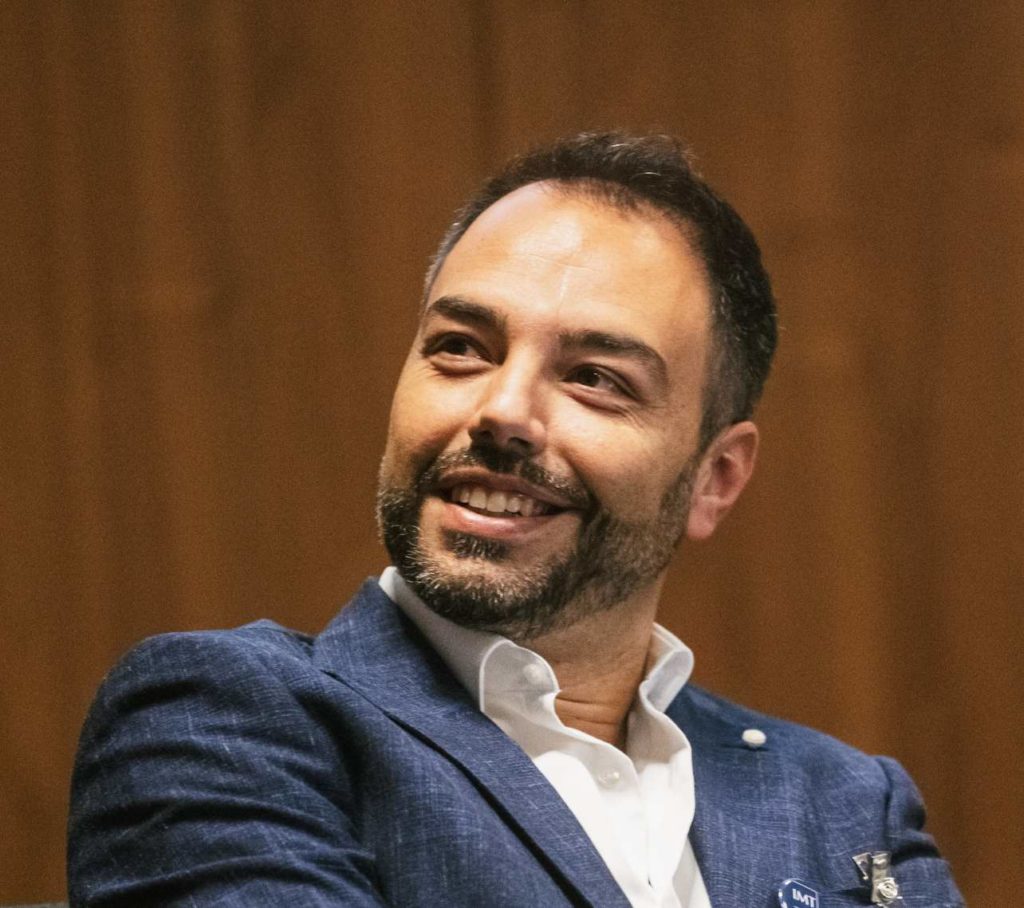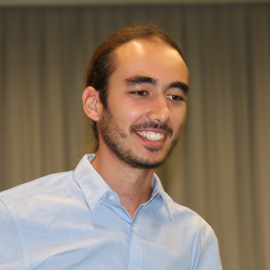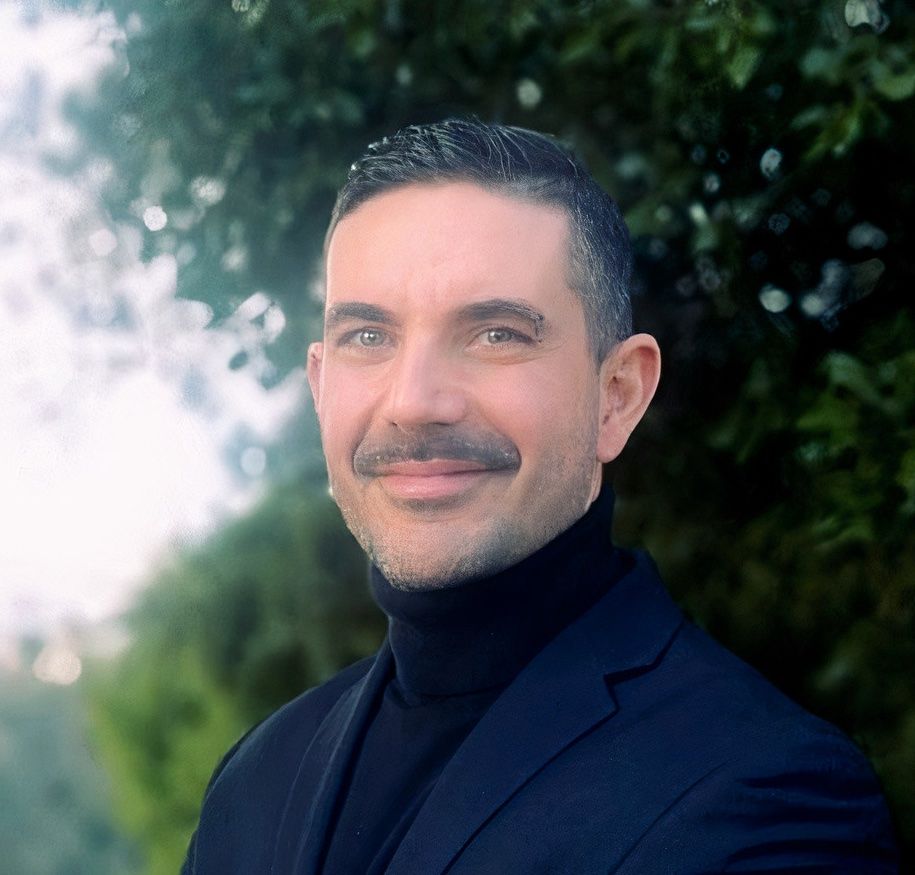This tutorial will provide an introduction to the novel and thriving research field of Pervasive AI, lying at the crossroads of artificial intelligence and pervasive computing. We will cover fundamental and state-of-the-art AI methodologies and models enabling the design of efficient and effective distributed and embedded neural learning systems, including reservoir computing, federated learning and continual learning. The view over AI methods will be complemented by an introduction to relevant pervasive computing and communication abstractions, infrastructures and applications for AI. Relevant programming libraries and tools will also be introduced whenever appropriate.
The tutorial is targeted to both early career researchers, and to more advanced stage researchers looking to enter into a novel AI field which is rapidly building momentum, and seeking both foundational knowledge as well as a perspective on current research.
The tutorial is designed for a broad audience of researchers with diverse backgrounds and interests, including Artificial Intelligence, Cloud/Edge/IoT, Deep Learning, HPC, Machine Learning and Pervasive computing. Basic knowledge on Machine Learning and Deep Neural Networks architectures is preferable.
Schedule
- AAAI23 Tutorials Program
- Date and time: Tuesday, February 7, 2023 @ 2:00 pm – 6:00 pm
The tutorial will be presented at AAAI23 in Washinghton, DC, USA. Check AAAI23 websites for more information about registration and the venue.
Topics
Module 1 – Basic models (speaker: Davide Bacciu)
The module frames the motivations and research horizon of Pervasive Artificial Intelligence, providing an introductory view over the challenges it entails on both pervasive computing and AI. We will then identify a candidate set of methodologies to address such research challenges, which will be deepened throughout the technical modules composing this tutorial. We will conclude with a short survey of relevant applications and ongoing activities in the field.
Module 2 – Distributed and federated learning solutions and infrastructures (speaker: Patrizio Dazzi)
This module sheds light on issues, approaches and solutions enabling distributed, federated, and decentralised learning approaches. The module will discuss the path from centralised to decentralised approaches for learning, passing through structured distributed approaches. We will introduce some widely used methodologies and technologies to ease this task.
Module 3 – Advanced Models (speaker: Claudio Gallicchio)
This module will introduce advanced Reservoir Computing methodologies, including rich (e.g., deep) reservoir architectures, training, and federated learning algorithms. The module will also touch further algorithmic advances beyond conventional practice, among which learning algorithms beyond backpropagation, and neural networks in neuromorphic hardware.
Module 4 – Continual Learning (speaker: Antonio Carta)
This module introduces the problem of continual learning, that is the problem of incrementally learning from a stream of nonstationary data. We will give a brief introduction and a formal definition of continual learning, including popular settings, benchmarks from the literature, and methodologies. We will also discuss about applications of continual learning for embedded devices and distributed systems.
Material
Slides:
Speakers

Davide Bacciu is Associate Professor at University of Pisa and head of the Pervasive AI Laboratory. He coordinates two EU projects on pervasive AI, distributed and embedded neural systems, continual learning and human-centred AI. He is Senior Editor of the IEEE TNNLS, an IEEE Senior Member, vice-chair of the IEEE Neural Network TC, and the Vice President of the Italian Association for AI.

Antonio Carta is an Assistant Professor at the University of Pisa, and a member of the Pervasive AI Laboratory. His recent research is focused on continual learning, including multi-agent and replay-free setting. He is the lead maintainer of Avalanche, an open source continual learning library developed by ContinualAI.

Patrizio Dazzi is an Assistant Professor at the University of Pisa and founder and co-head of the Pervasive AI Laboratory. His recent research is focused on large distributed systems. He has been coordinating EU research projects (ACCORDION and BASMATI) in the field of intelligent placement and management of cloud-based applications.

Claudio Gallicchio is an Assistant Professor at the University of Pisa, and a member of the Pervasive AI Laboratory. His research is at the intersection between deep learning, dynamical systems, and sustainable AI. He is founder of the IEEE task forces on Reservoir Computing, and on Randomization-Based Neural Networks and Learning Systems.